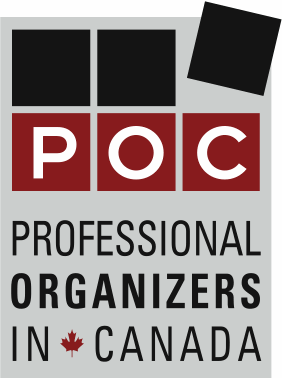For some reason, most people have a great deal of anxiety over what to keep and what to toss. Early on we’re taught that we should keep personal correspondence, like greeting cards and letters—remember when we used to communicate by hand-written letters sent by snail mail? When we assume responsibility for paying the bills, we want to keep them all. And we can’t forget the investment statements: some come monthly, some quarterly, some semi-annually. Inevitably, we want to keep all of them as well.
Managing that much paper is a daunting task. Yesterday’s
mail is thrown in the bottom of a draw with recipes and newspaper
clippings. Eighty years later, we find
the utility bills with the Christmas cards and the file folders brought home at
retirement. None of the paper that has
filled our home was useful to us.
Throwing away a greeting card doesn’t mean you are
unappreciative or insensitive. It just means
you’ve made room to receive greetings on the next occasion that your loved ones
think of you. Unless you need utility bills for income tax purposes, you really
only need last month’s bill to confirm payment was received. If you tear a
recipe out of a magazine and don’t make that dish within a couple of months,
there is a strong likelihood you never will. Toss the recipe.
When you find that your collection of paper is too big to manage,
consider these tips:
- Go electronic. Many companies can notify you of bill payments via email. But be careful: electronic communication is not for everyone —I personally prefer receiving a hard copy of my credit card statements. But once the bill is paid, the statement is filed. Once I receive next month’s statement and confirm my payment was received, I shred last month’s statement.
- Have a system for the paper you do keep. That means file what you keep, and set a time limit for how long you will keep it. Filing makes it easy to find what you need. And who knows? When you discover that you only go to the file cabinet to put more in, and never to refer to its contents, you may realize that you’re keeping more than you need.
- Throw away the envelopes. Keeping everything in an envelope means you have to take the extra step of removing the item from the envelope in order to identify it. Envelopes are just paper with no value.
- Throw away the marketing pieces. The glossy papers that accompany your statements usually advertise time-limited offers, or announce imminent changes. Six months down the road, they’re useless.
We all have to keep some amount of paper. Let’s just try to keep what is truly of value.


